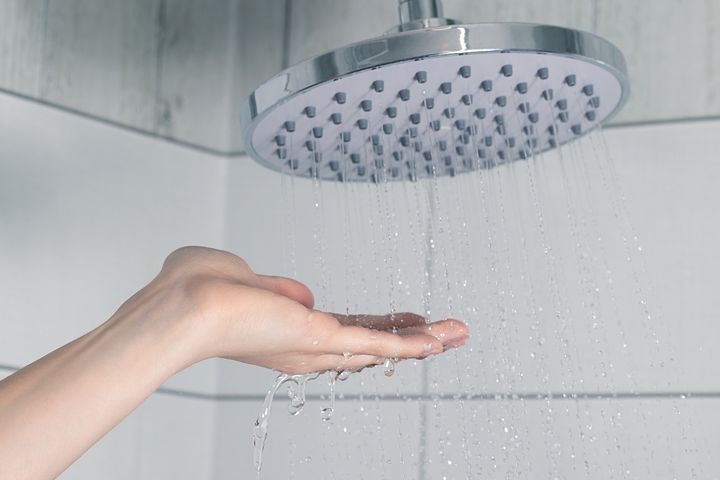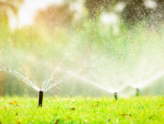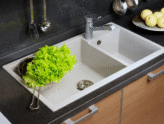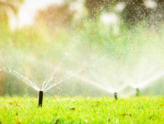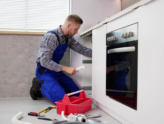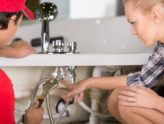Every time we take a shower, we have a reasonable expectation that the water temperature will stay at a consistent level. We expect our cold showers to feel crisp and refreshingly cool, while our warm showers will remain steamy and soothing. Unfortunately, it can be frustrating when you step into a hot shower, only to be doused with lukewarm cold water instead. The uneven shower temperature may leave you feeling disappointed, inconvenienced, and rather confused.
There are many reasons why the water temperature might fluctuate up and down during your shower. Some of the causes are specific to your shower set-up, while other explanations might be attributed to your home’s plumbing systems. If the shower water temperature keeps changing, this may indicate a deeper problem that needs troubleshooting with a professional plumber.
Why does your shower water temperature keep changing all the time? Let’s explore the possible causes of these shower water temperature problems:
Showerhead problems
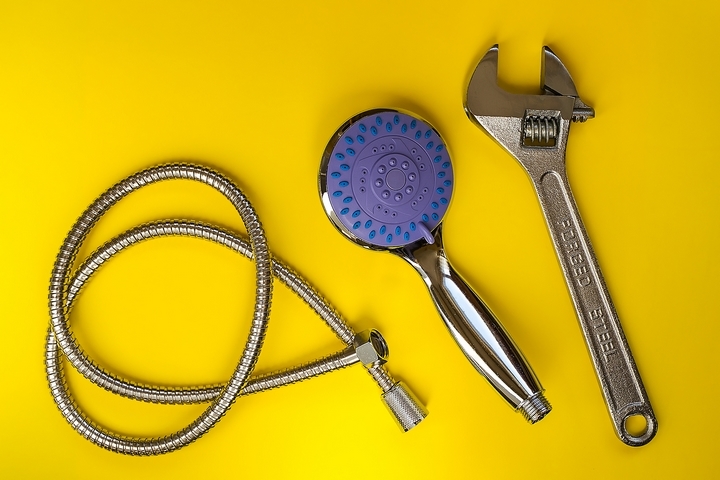
Your showerhead could be causing the hot water to run out faster as you take showers. Each showerhead is designed with different manufactured settings, which changes the amount of GPM (gallons per minute) that flows from your water system. The typical North American shower lasts 7.8 minutes and has an average flow rate of 2.1 GPM.
A high-GPM showerhead means that more water is being consumed during each shower. This means that every time you take a warm shower, you may end up using up more of the hot water than a low-GPM showerhead. Since you’re expunging the hot water more quickly, you may exhaust your heated water supply in the middle of the shower, thus affecting the temperature.
To fix this problem, you may want to switch to a showerhead that use up less water. Low flow showerheads can minimize excess water consumption and preserve your hot water supply for a longer duration.
Water heater problems
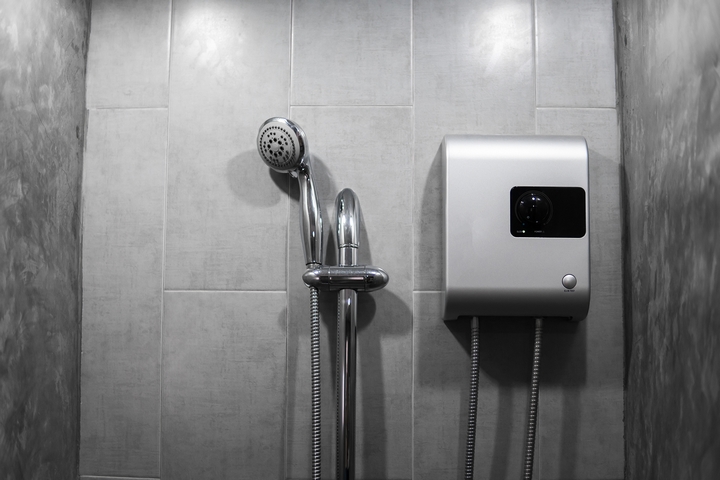
When the shower water temperature keeps changing, you may have a problem with your current water heater. More specifically, the problem might be that your water heater’s capacity is too small to accommodate you and other people in the household. An insufficient water heater size means that you’ll consistently run out of hot water after the same amount of showering each time. This will turn your hot shower into a freezing one due to the shortage within the water heater.
Water heater problems tend to be prevalent in larger households, especially when more people are taking warm showers during the winter. To ensure there’s enough heated water for everyone, you may have to ration the length of hot showers per person. Most showers use approximately two gallons of water per minute. You can use this standard rate to calculate how much shower time each person gets before the hot water supply runs out.
To fix this problem in the long term, you may consider having a larger water heater installed by a professional plumber. Keep in mind there are different types of water heaters available. Tankless water heaters are popular because they’re more energy efficient. However, you may decide to switch to a water heater with tanked storage, which are easier to install and maintain.
Shower valve problems
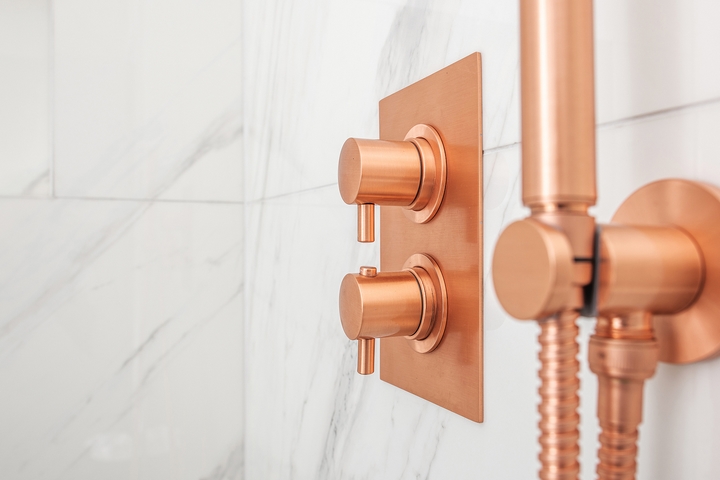
The shower valves are used to regulate the flow of water that comes from a shower head. You may experience performance problems with the water temperature if the current shower valves aren’t working properly. The faulty valves may require further repairs or replacements. Contact a plumber to inspect the condition of these valves.
There are two common types of shower valves, which use different methods to achieve a similar function. The pressure-balance shower valve maintains the water temperature by balancing the hot-water pressure with the cold-water pressure. The thermostat shower valve first reacts to the temperature of the water, then manages an equilibrium between the hot-water flow and the cold-water flow.
Toilet flush problems
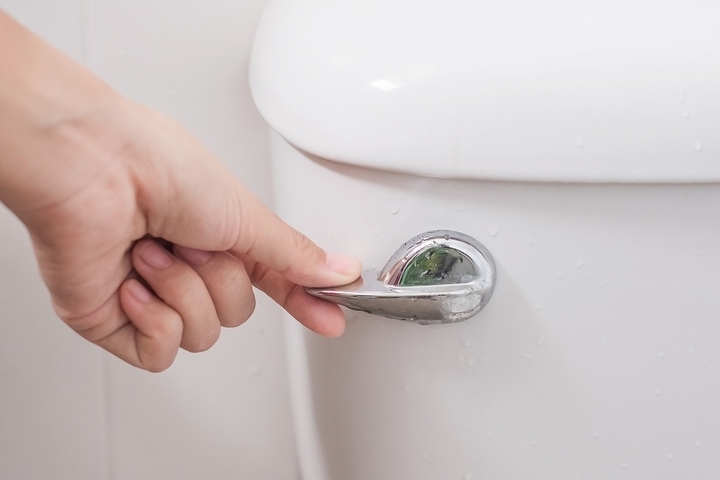
You may have heard about this common plumbing phenomenon, where the shower water temperature fluctuates every time you flush the toilet. This occurs because of how the toilet is configured, which refills itself by siphoning cold water away from the interconnected shower. In the absence of cold water, you may experience a blast of hot water temperature every time someone flushes the toilet in your household.
A potential solution is to switch to a more water-efficient toilet model. These types of toilets, also referred to as low-flow toilets, will reduce the amount of water acquired from every flush. Since the toilet mechanisms demand less water, the shower water temperature will also be less affected as a result.
Plumbing problems
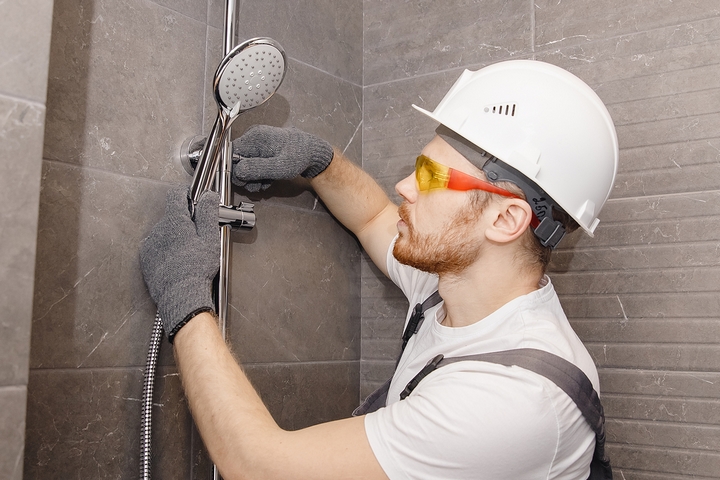
Besides the toilet, other nearby plumbing systems may impact the shower temperature, like a running dishwasher. Your home’s plumbing systems are complex and closely intertwined with one another. Sometimes, excess use of water in one sector of the house may lead to unexpected issues arising elsewhere, such as your shower temperature.
If your shower water temperature problems persist, you should call a plumbing professional for help. An experienced plumber can inspect your plumbing system and trace down the origins of the problem.

